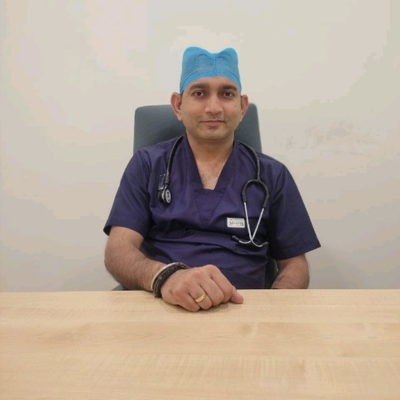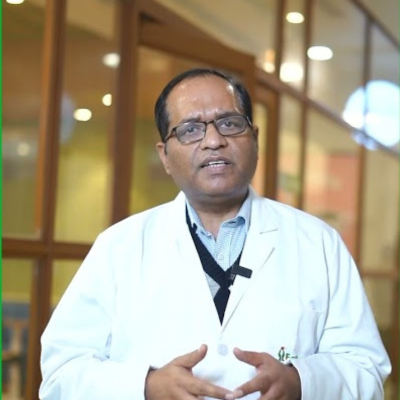Why South Sudan Chooses India for Medical Treatment?
 16 July,2024
Read More
16 July,2024
Read More
Enquire now in case of any assistance needed
Aortic Valve Surgery Treatment Cost in Greater Noida is between USD 6014 - USD 7217
Hospital Days:
Procedure Duration:
Aortic valve surgery is a specialized surgical procedure designed to treat disorders affecting the aortic valve, a crucial component of the heart's intricate pumping mechanism. The aortic valve controls the flow of oxygen-rich blood from the heart's left ventricle into the aorta, the main artery that carries blood to the rest of the body. When the aortic valve malfunctions, it can lead to a range of cardiovascular issues.
The aortic valve is located between the left ventricle and the aorta, ensuring that blood flows in one direction – out of the heart and into the systemic circulation. Two primary conditions can affect the aortic valve:
The decision for aortic valve surgery is based on various factors, including the type and severity of valve dysfunction, the patient's overall health, and the presence of related cardiac conditions. Common indications for aortic valve surgery include:
Aortic valve surgery is a critical intervention that plays a pivotal role in restoring optimal cardiac function and improving the quality of life for individuals with aortic valve dysfunction. With advancements in surgical techniques, patients have access to a range of options, including repair and replacement, tailored to their specific condition. The decision for aortic valve surgery is made with careful consideration of the patient's unique circumstances, ensuring the most appropriate treatment approach is chosen. Through skilled surgical intervention and comprehensive post-operative care, aortic valve surgery offers the potential for enhanced cardiovascular vitality and longevity.

Senior Consultant
Interventional Cardiologists
Fortis Hospital, Greater Noida
View Doctor Profile Book an Appointment
Associate Consultant
Cardiologists
Fortis Hospital, Greater Noida
View Doctor Profile Book an Appointment
Associate Consultant
Cardiologists
Fortis Hospital, Greater Noida
View Doctor Profile Book an Appointment
Additional Director
Interventional Cardiologists
Fortis Hospital, Greater Noida
View Doctor Profile Book an AppointmentThe Art of Effective Communication
 16 July,2024
Read More
16 July,2024
Read More
 15 July,2024
Read More
15 July,2024
Read More
 09 July,2024
Read More
09 July,2024
Read More
 08 July,2024
Read More
08 July,2024
Read More
 03 July,2024
Read More
03 July,2024
Read More
 28 June,2024
Read More
28 June,2024
Read More
 27 June,2024
Read More
27 June,2024
Read More
 25 June,2024
Read More
25 June,2024
Read More
 20 June,2024
Read More
20 June,2024
Read More
 13 June,2024
Read More
13 June,2024
Read More